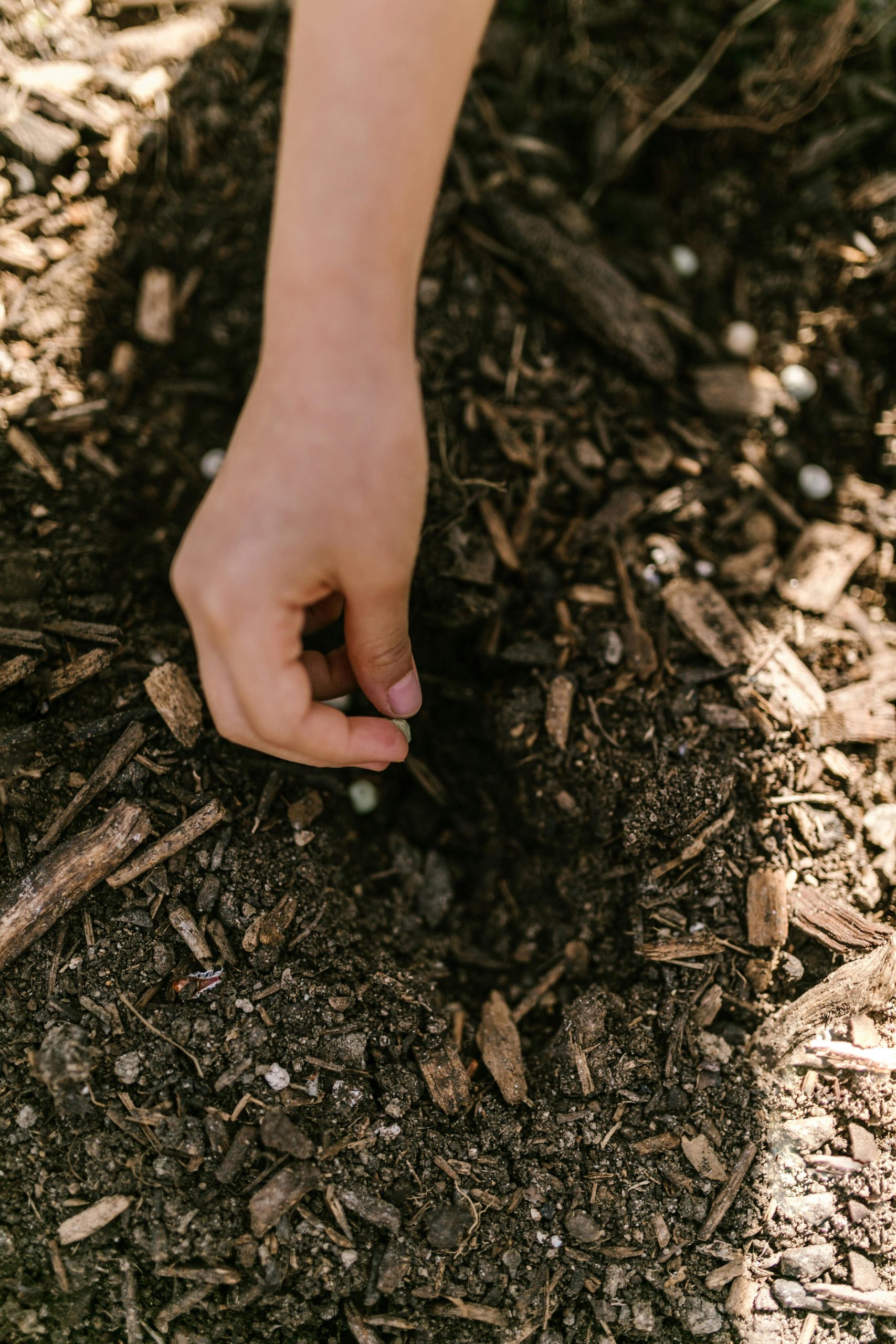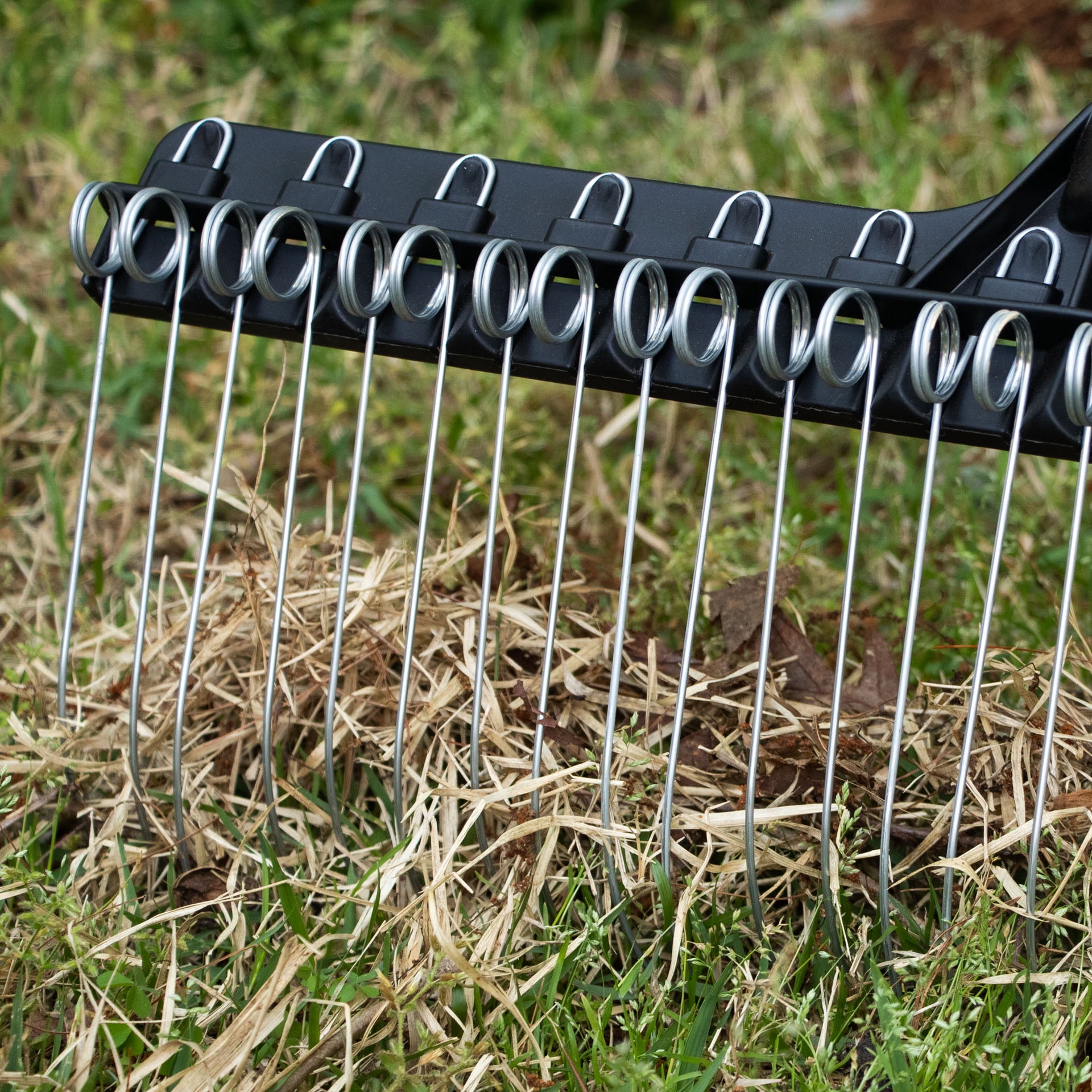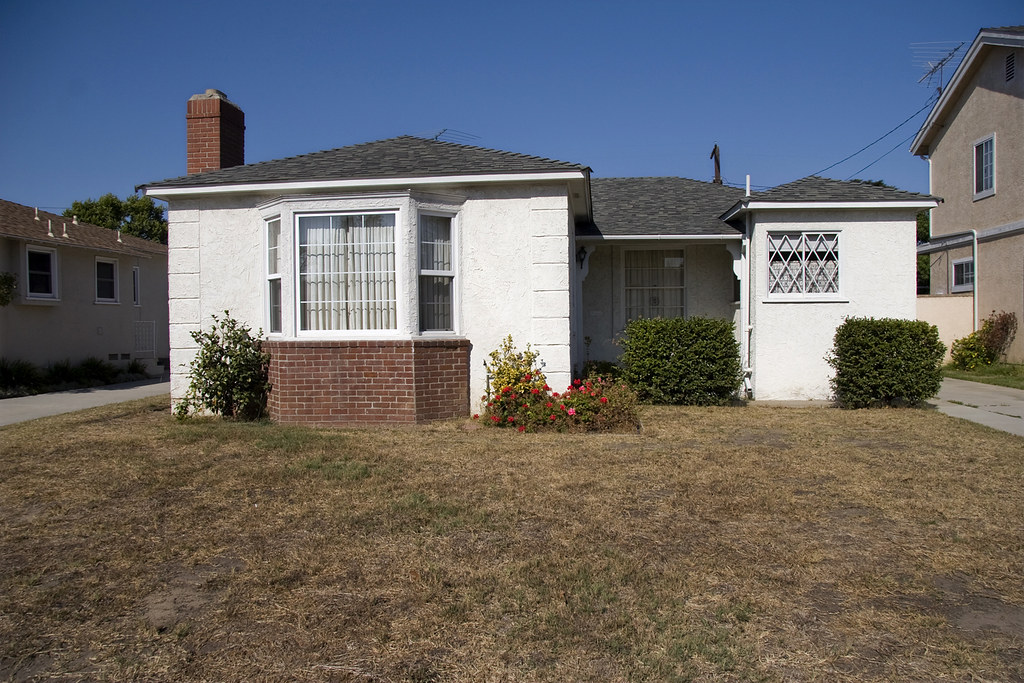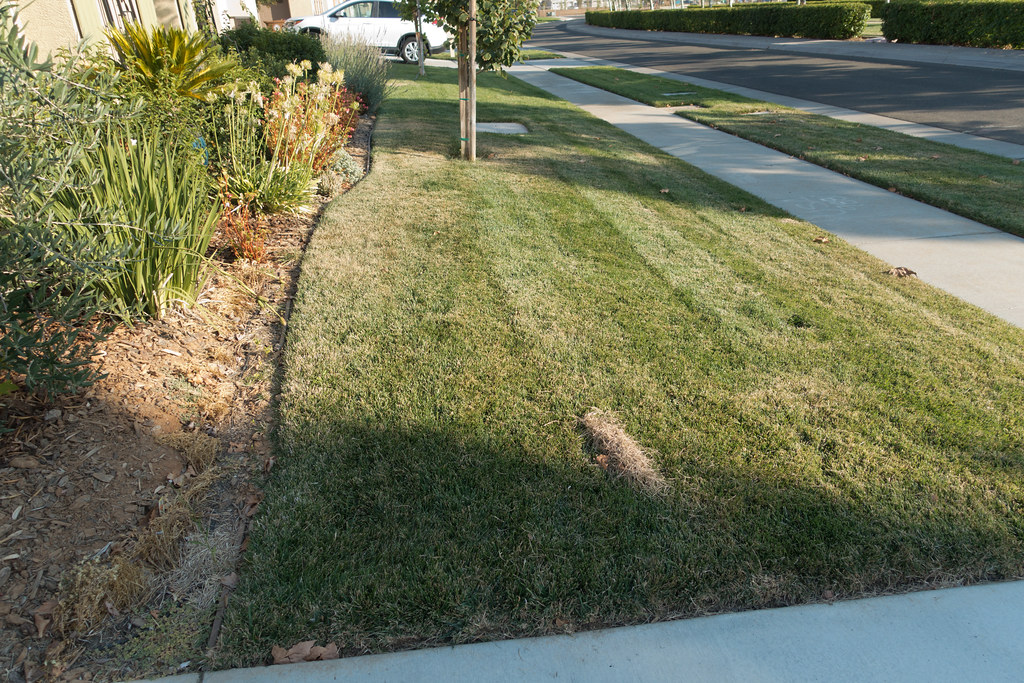Mulch is more than just a finishing touch for your landscaping. It plays a vital role in improving soil health, retaining moisture, and enhancing the overall appearance of your yard. With so many types of mulch available, choosing the right one can feel overwhelming. This guide will help you select the best mulch for your yard based on your landscaping needs, climate, and personal preferences.
What is Mulch, and Why is It Important?
Mulch is any material spread over the soil’s surface to protect and enhance your yard. It offers several benefits:
- Moisture Retention: Helps soil retain water, reducing the need for frequent watering.
- Weed Suppression: Blocks sunlight to minimize weed growth.
- Temperature Regulation: Keeps soil cool in summer and insulates it in winter.
- Aesthetic Appeal: Gives your yard a polished and uniform look.
Types of Mulch: Organic vs. Inorganic
Mulches fall into two main categories: organic and inorganic. Each has unique benefits and drawbacks.
Organic Mulch
Organic mulches decompose over time, enriching the soil with nutrients. Popular options include:
- Wood Chips and Bark: Ideal for flower beds and around trees. They provide a natural look and break down slowly.
- Straw: Excellent for vegetable gardens, offering good weed control and moisture retention.
- Grass Clippings: A free option that works well for nutrient-rich mulch but can mat if applied too thickly.
- Compost: Adds nutrients to the soil, perfect for gardens and flower beds.
Inorganic Mulch
Inorganic mulches don’t decompose, making them a long-lasting option. Common types include:
- Rock or Gravel: Great for pathways and areas requiring drainage. However, it can heat up in the sun.
- Rubber Mulch: Made from recycled tires, it’s durable and ideal for playgrounds or areas with heavy foot traffic.
- Landscape Fabric: Often used as a base layer beneath other mulches to prevent weeds.
How to Choose the Best Mulch for Your Yard
Consider these factors when selecting the right mulch:
1. Purpose
Determine what you want to achieve with mulch. For example:
- Use organic mulch like compost or straw for vegetable gardens to enrich the soil.
- Choose decorative options like bark or wood chips for flower beds.
- Opt for gravel or rubber mulch in high-traffic areas.
2. Climate
Your local climate affects how mulch performs:
- In dry regions, organic mulches like straw or wood chips help retain moisture.
- In rainy climates, use heavier mulches like bark or rock to prevent erosion.
3. Budget
Mulches vary in cost:
- Grass clippings and leaves are free and eco-friendly.
- Wood chips and bark offer a cost-effective solution for most yards.
- Rubber mulch and decorative gravel are pricier but long-lasting.
4. Aesthetic Preferences
Choose a mulch that complements your landscaping style. Natural wood chips provide a rustic look, while colored mulch can add visual interest.
How to Apply Mulch Correctly
Follow these steps to maximize the benefits of your mulch:
- Prepare the Area: Remove weeds and debris from the soil.
- Add a Base Layer: Consider using landscape fabric for extra weed protection.
- Spread Evenly: Apply mulch 2-4 inches thick, ensuring it doesn’t touch tree trunks or plant stems.
- Replenish Annually: Organic mulches break down over time and need refreshing.
Recommended Mulching Tools
For efficient mulching, invest in high-quality tools. One standout product is the VEVOR Wheelbarrow Garden Cart, which makes transporting mulch easy and hassle-free. With its sturdy design and large capacity, it’s a must-have for landscaping projects.
FAQs About Choosing Mulch
1. How much mulch do I need?
Calculate the area you want to cover and aim for a 2-4 inch depth. Use online mulch calculators for accuracy.
2. Can I use mulch around all plants?
Yes, but avoid piling mulch directly against plant stems or tree trunks to prevent rot.
3. How often should I replace mulch?
Organic mulch should be replenished annually, while inorganic mulch lasts much longer.
Final Thoughts
Choosing the right mulch for your yard can enhance its beauty, improve soil health, and simplify maintenance. Whether you opt for organic options like wood chips or inorganic materials like gravel, the key is to select a mulch that fits your specific needs and climate. Don’t forget to pair your mulching efforts with the VEVOR Wheelbarrow Garden Cart to make the job easier and more efficient.
Start your mulching project today and enjoy a healthier, more beautiful yard!



